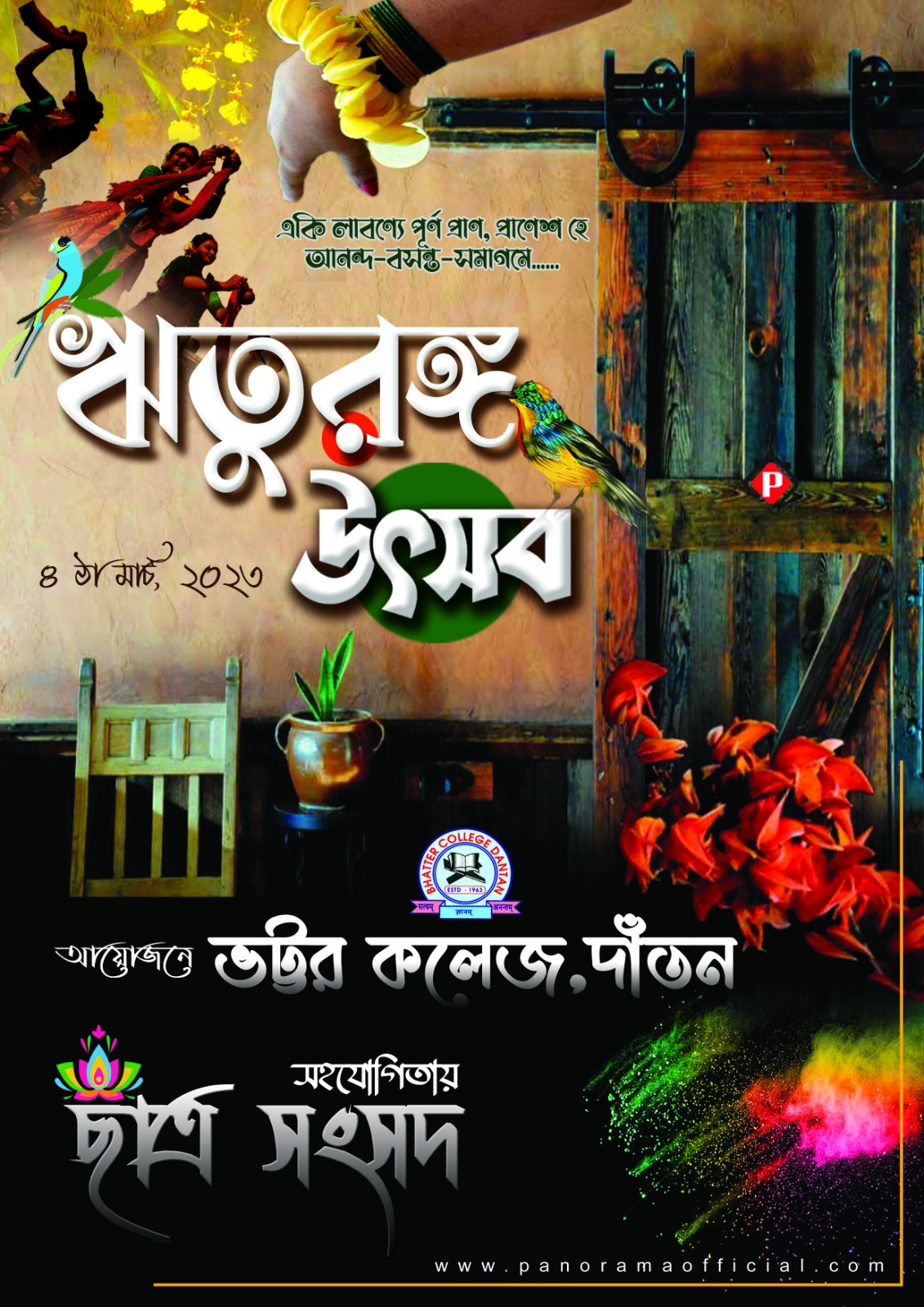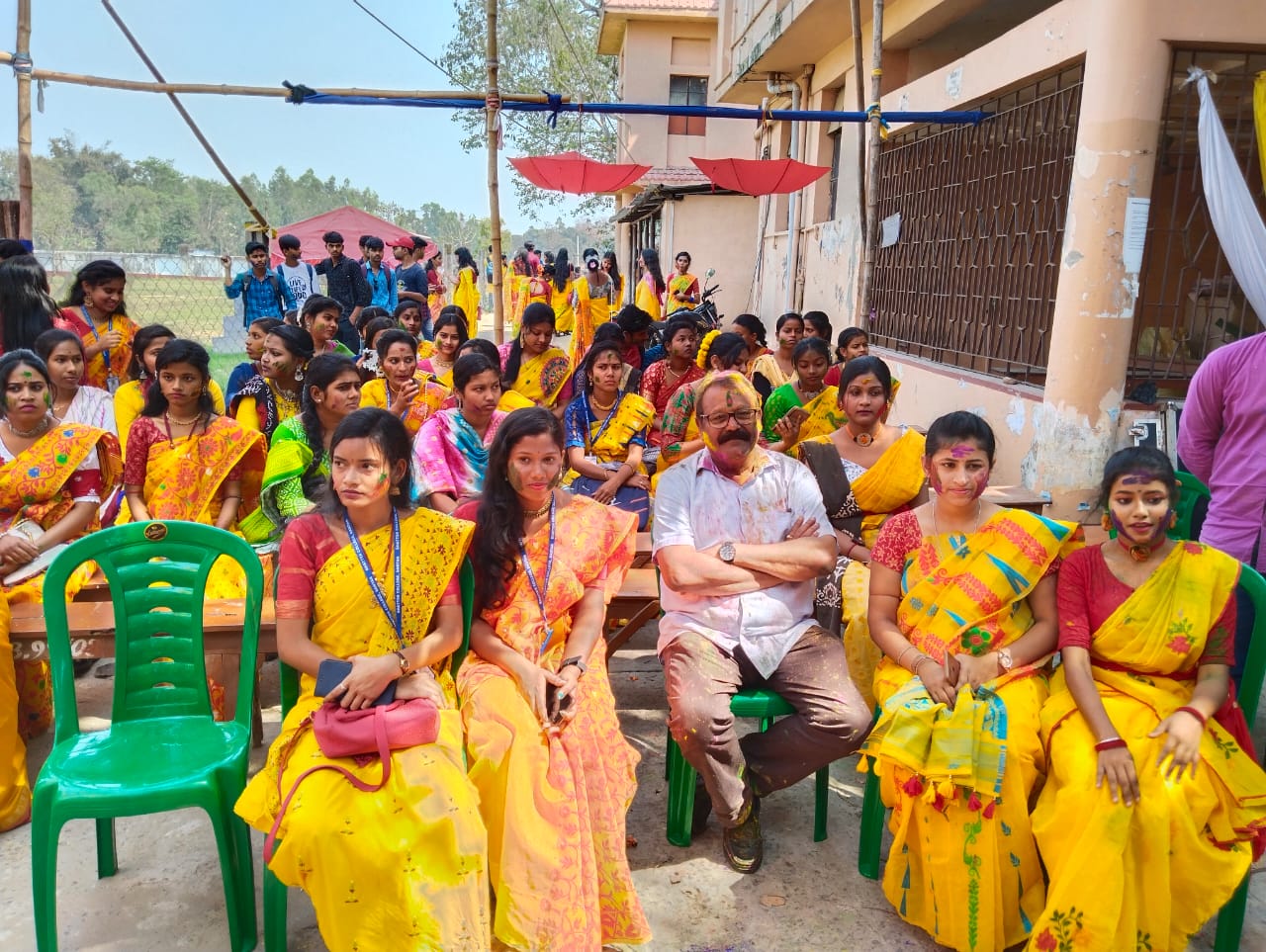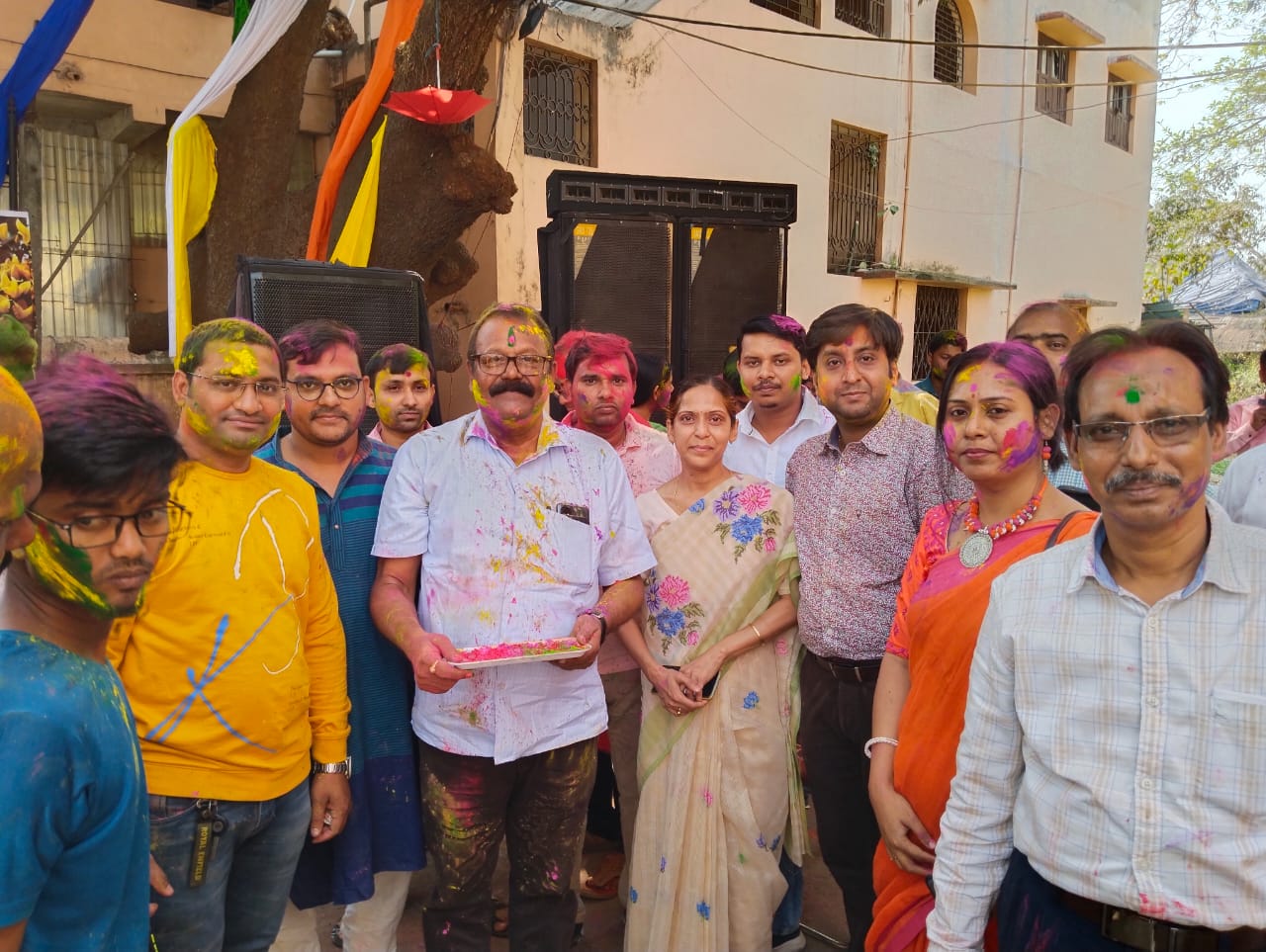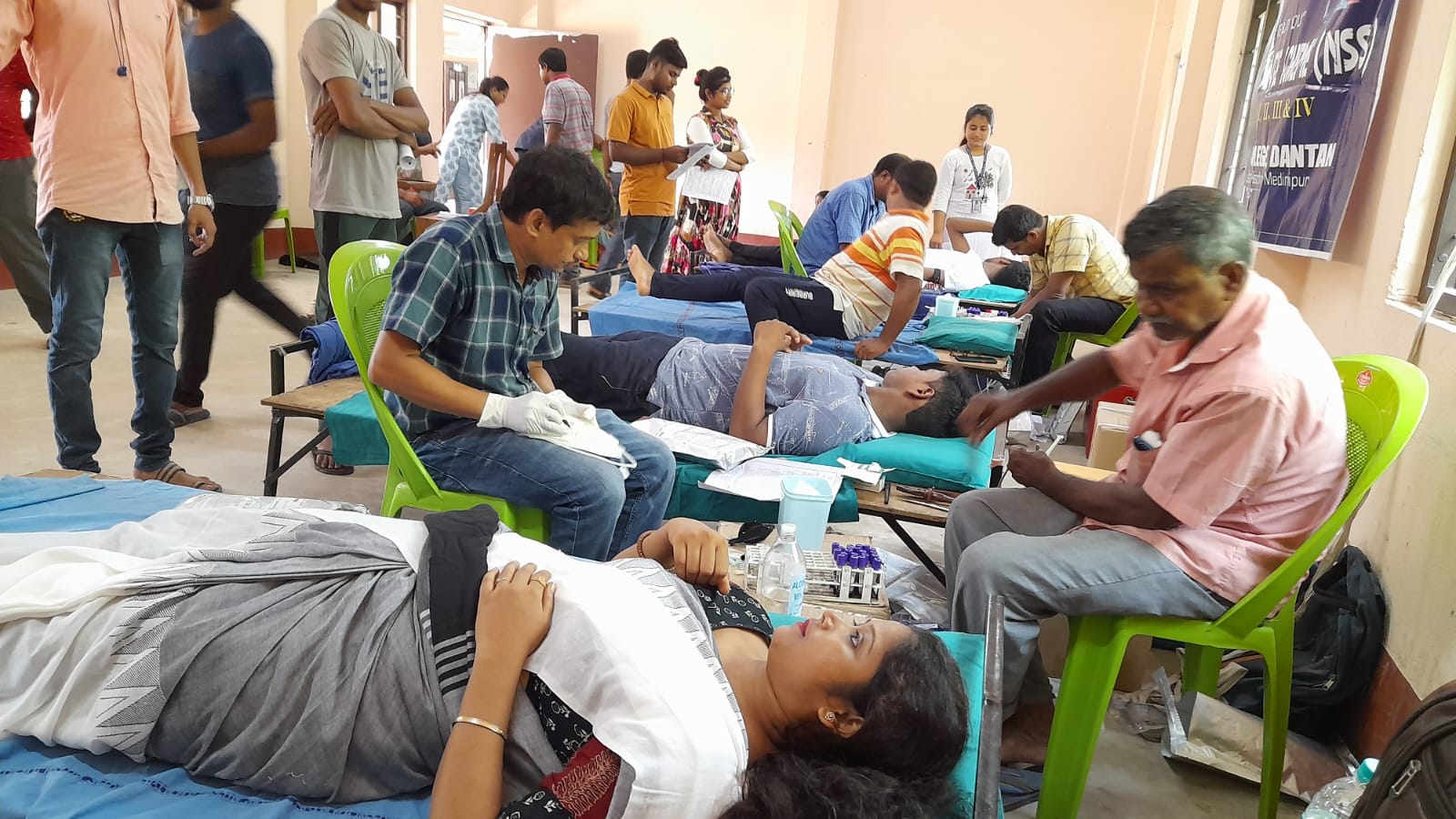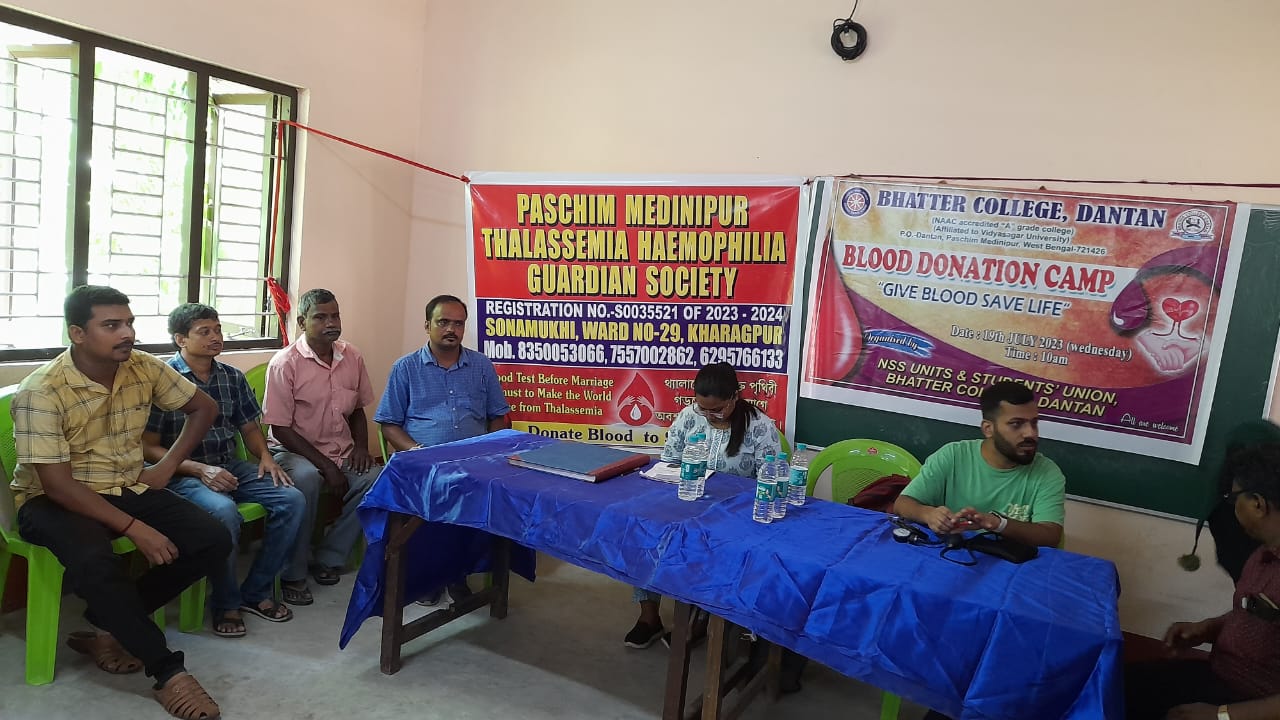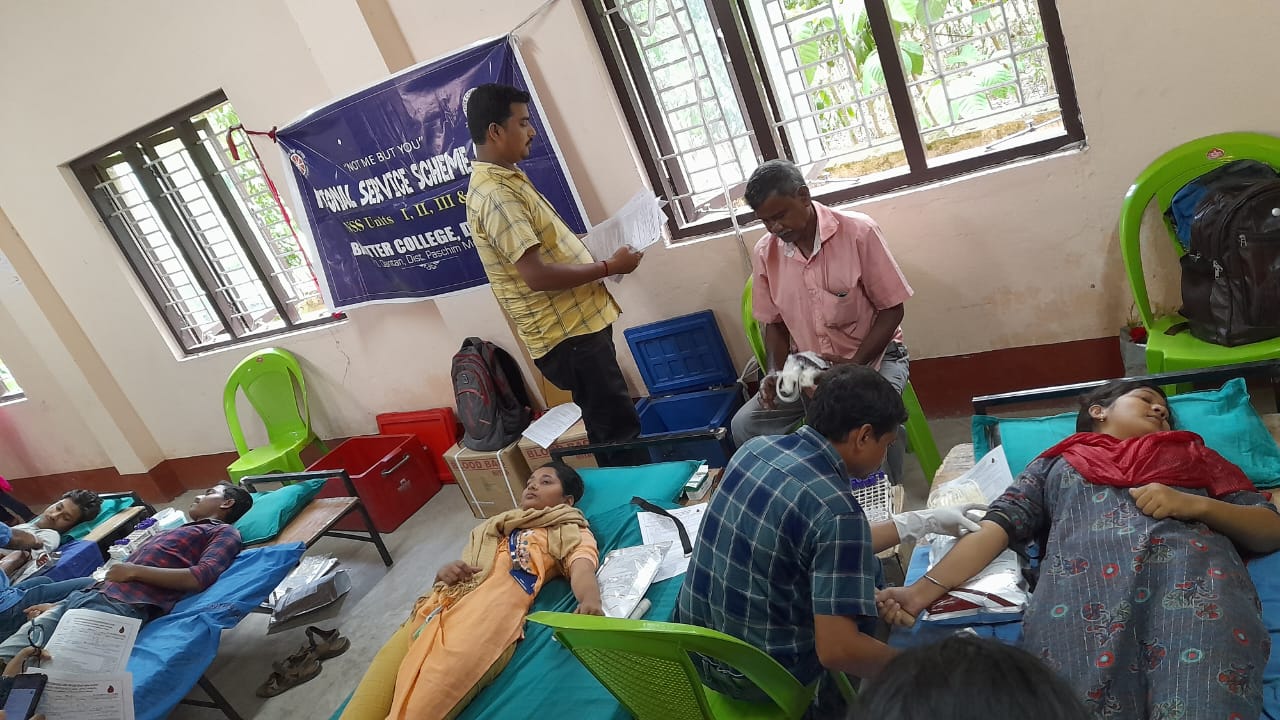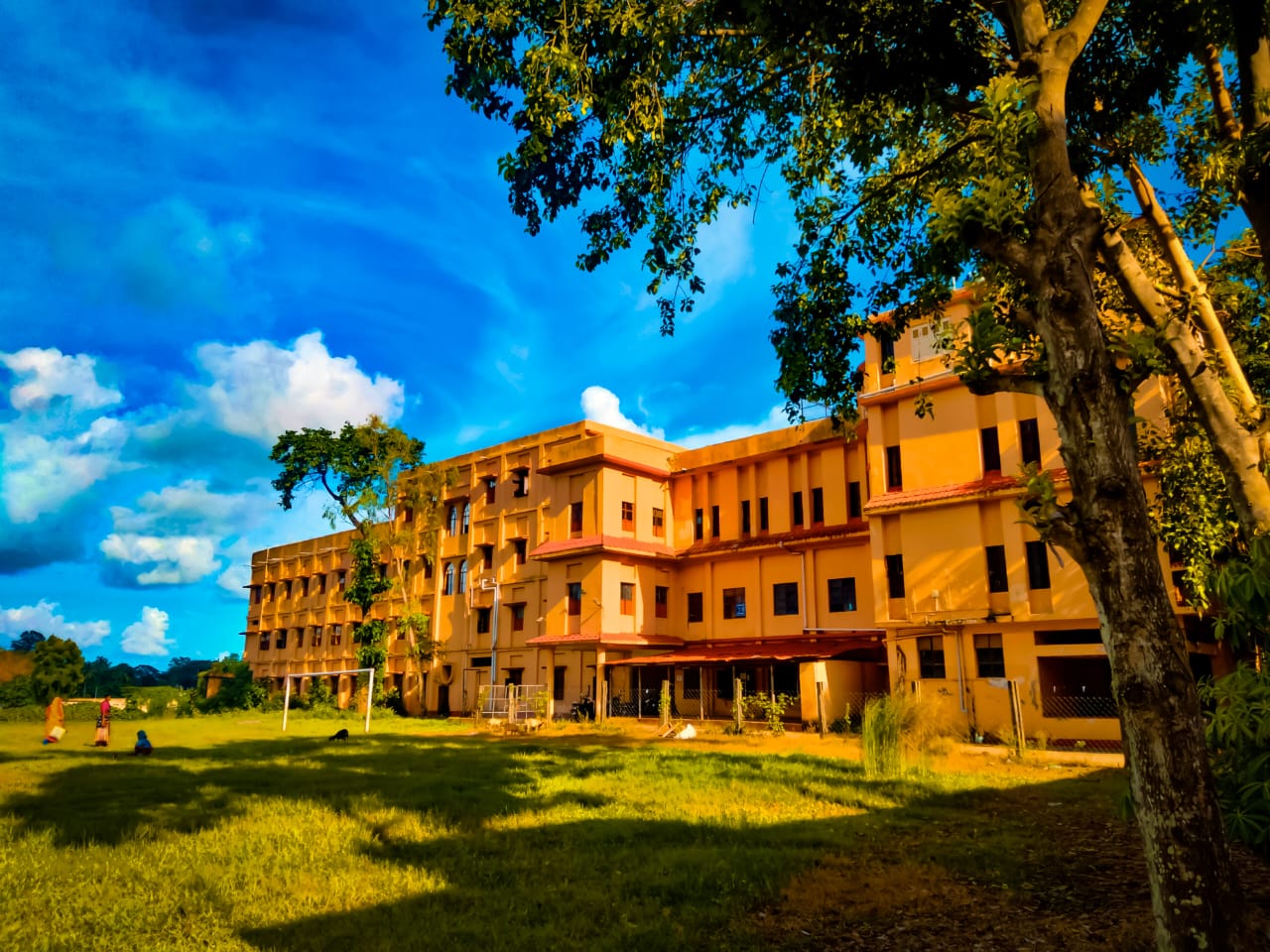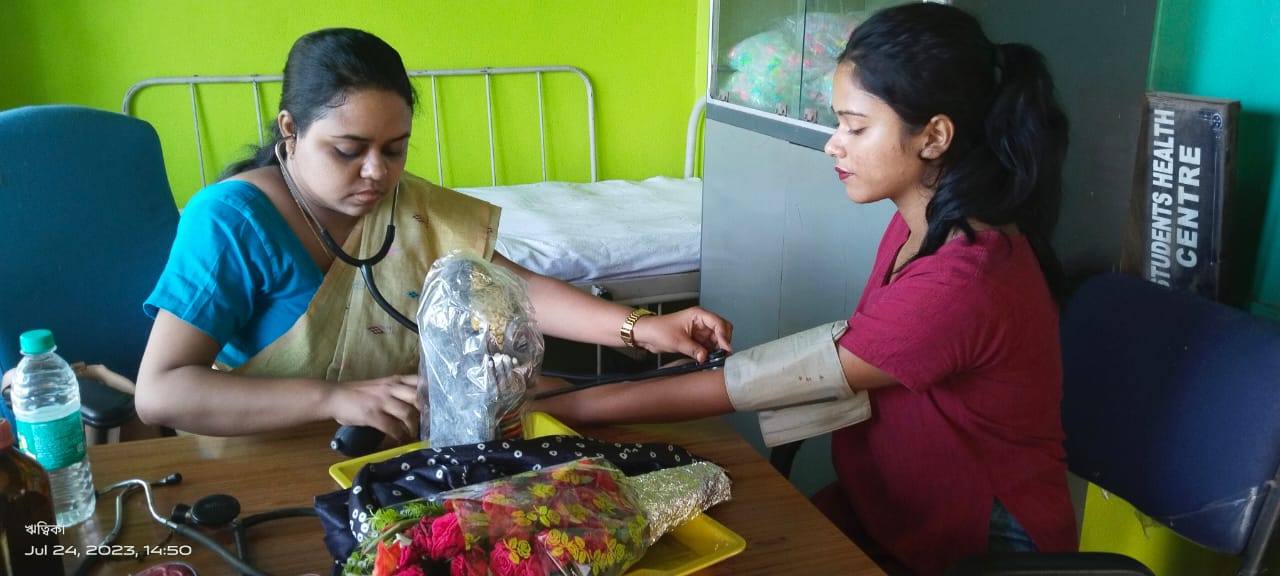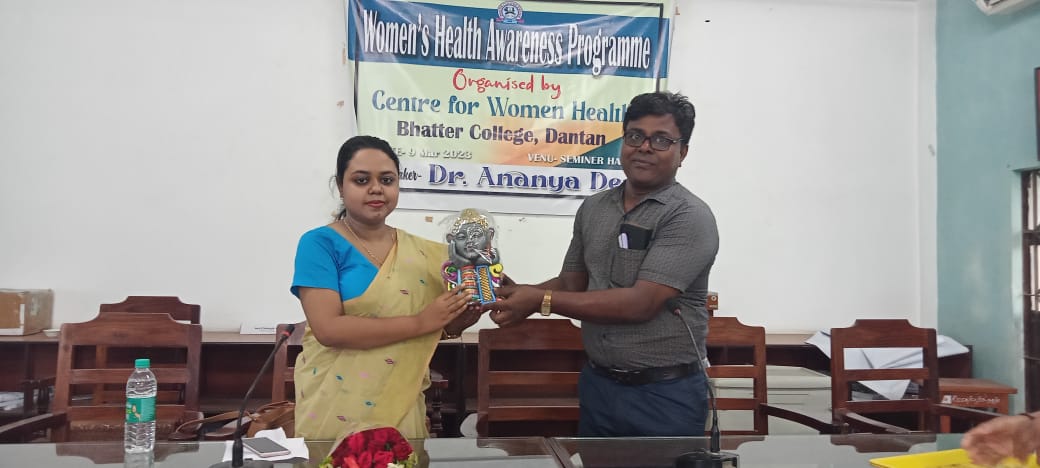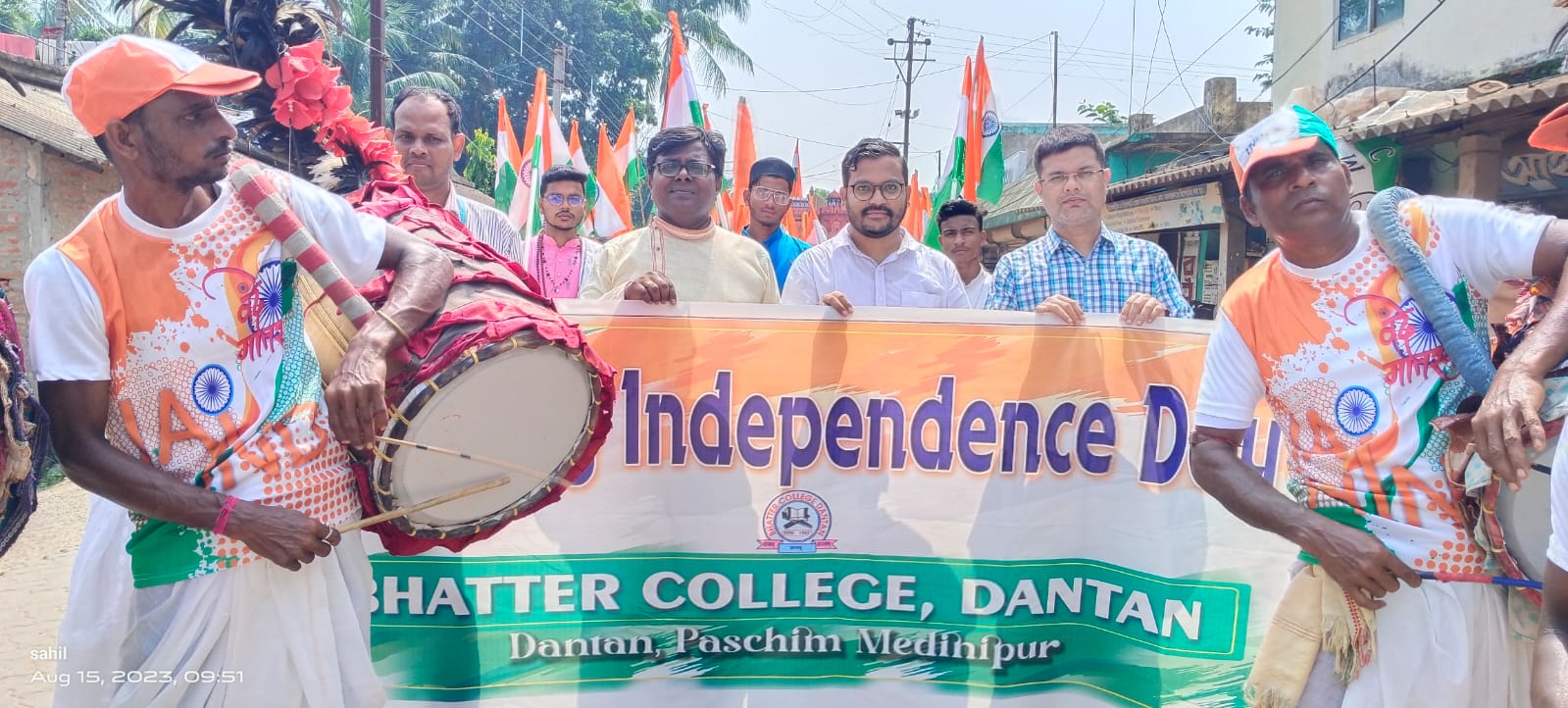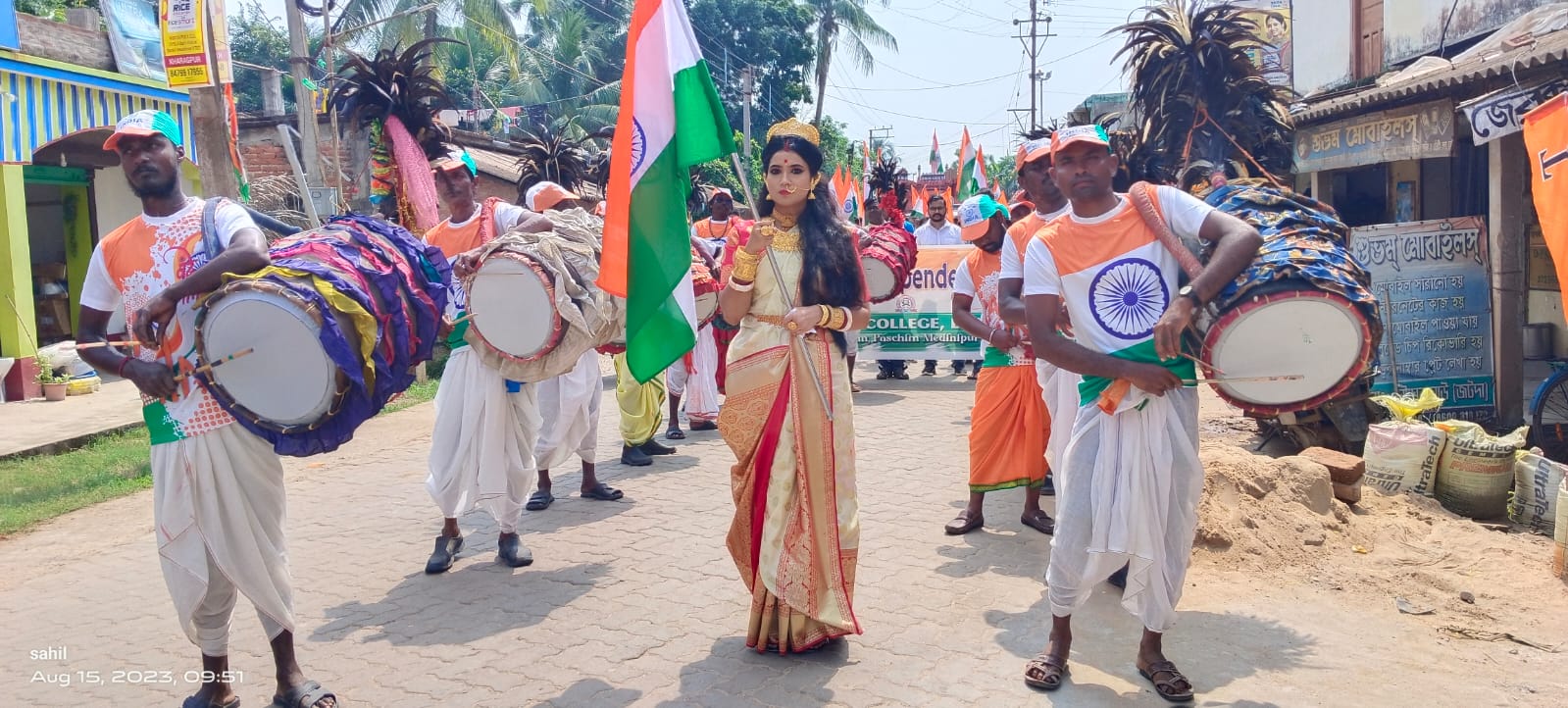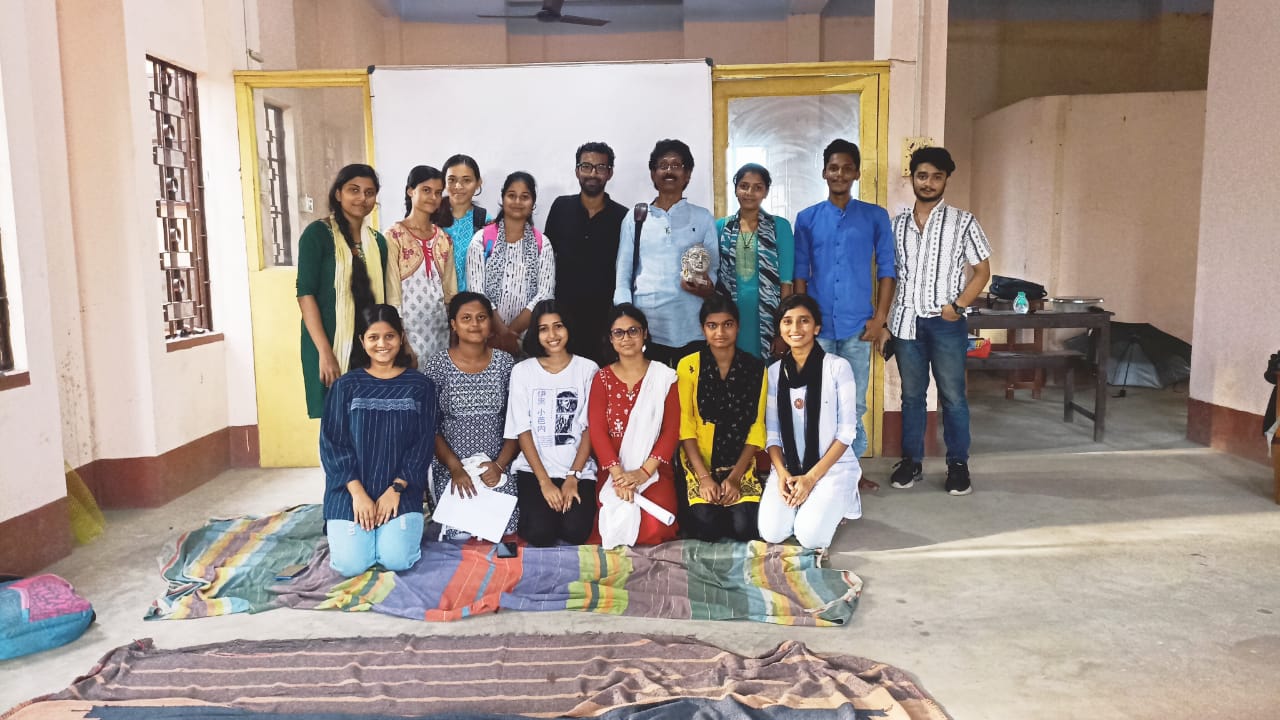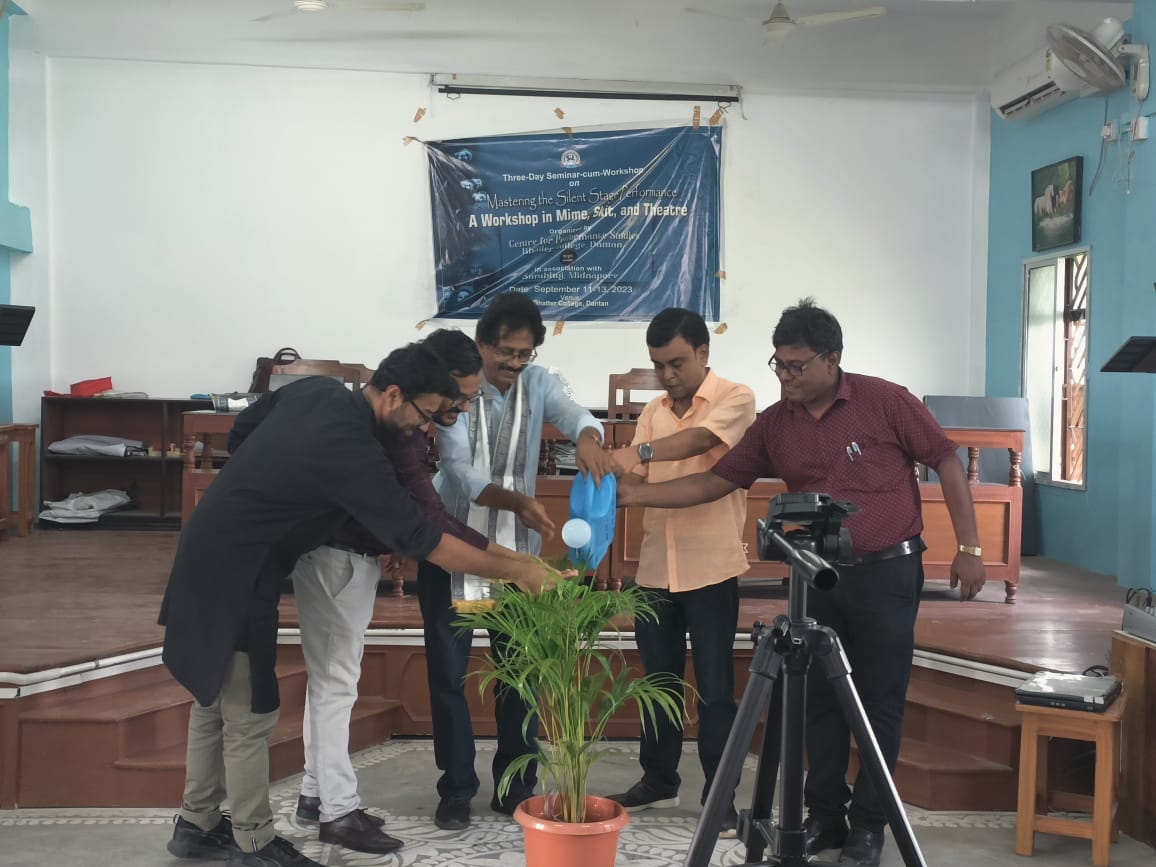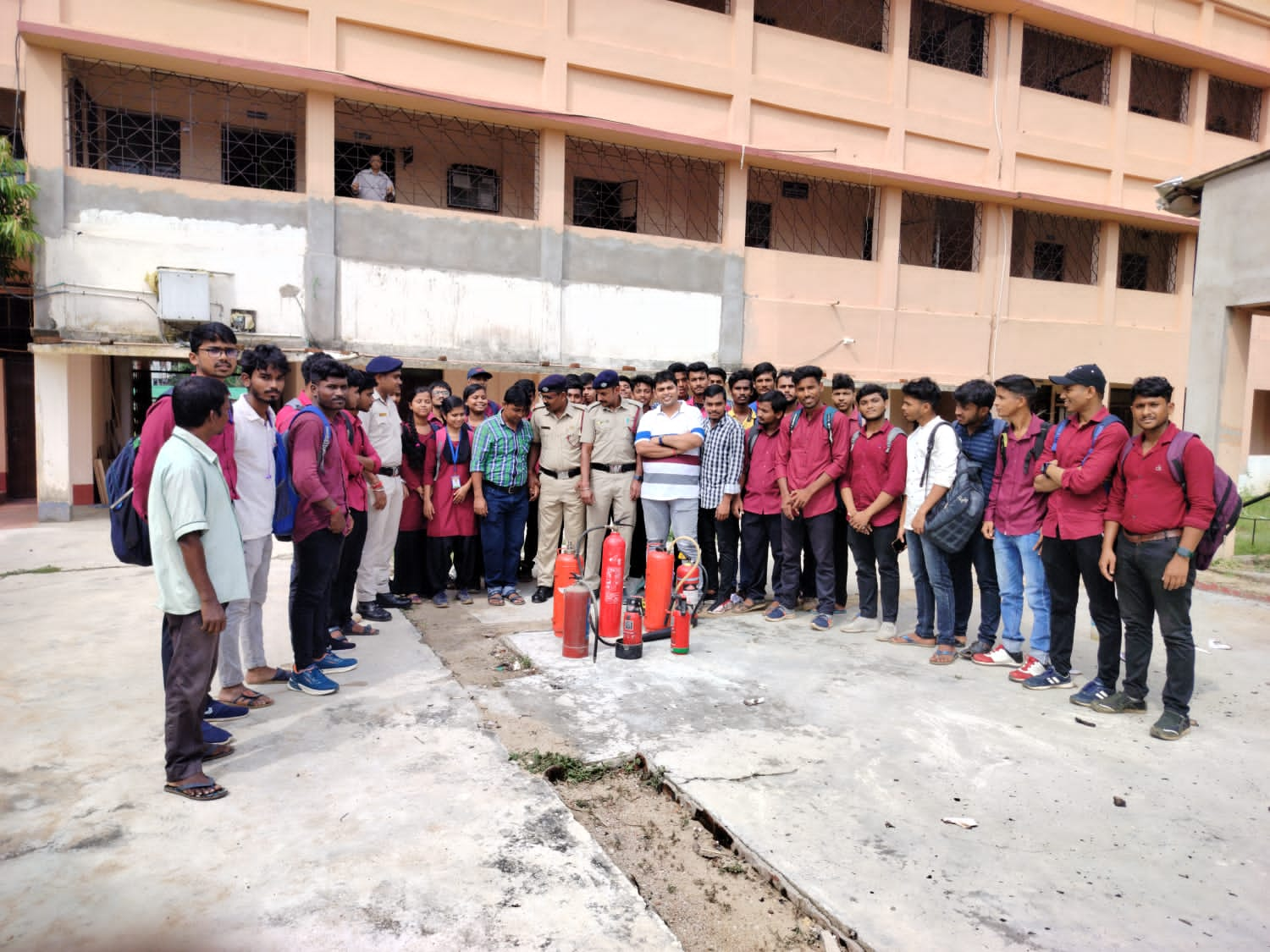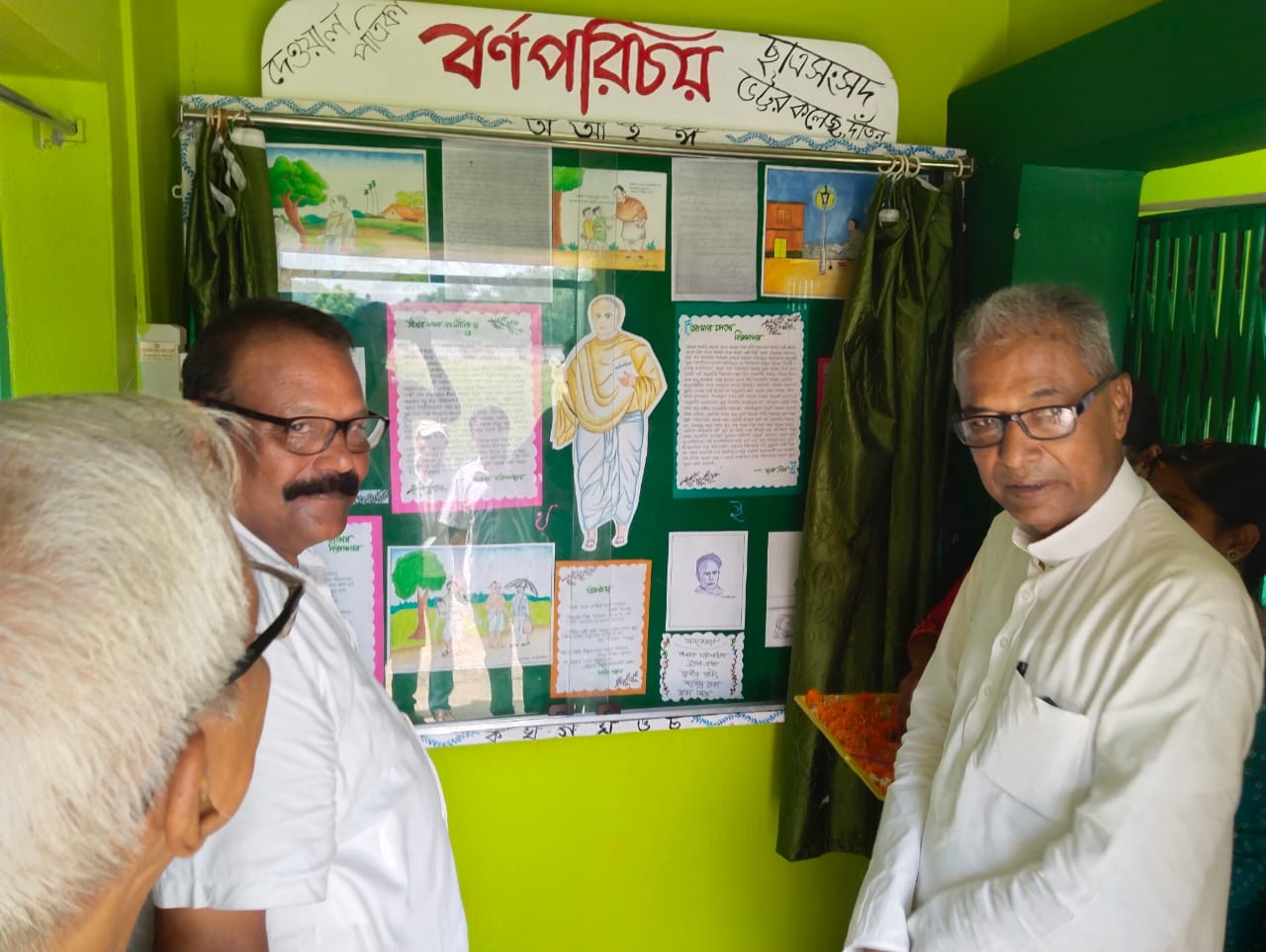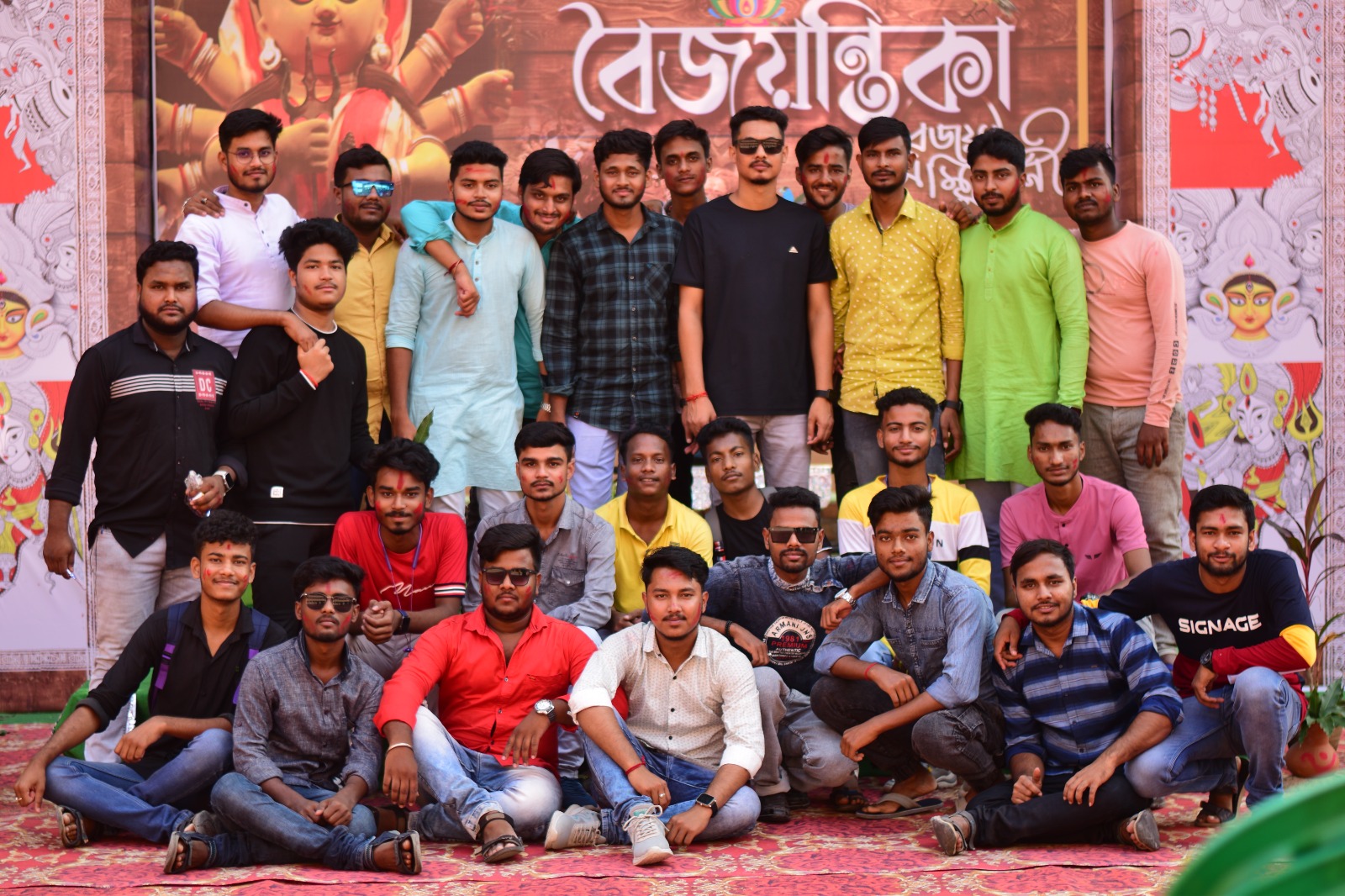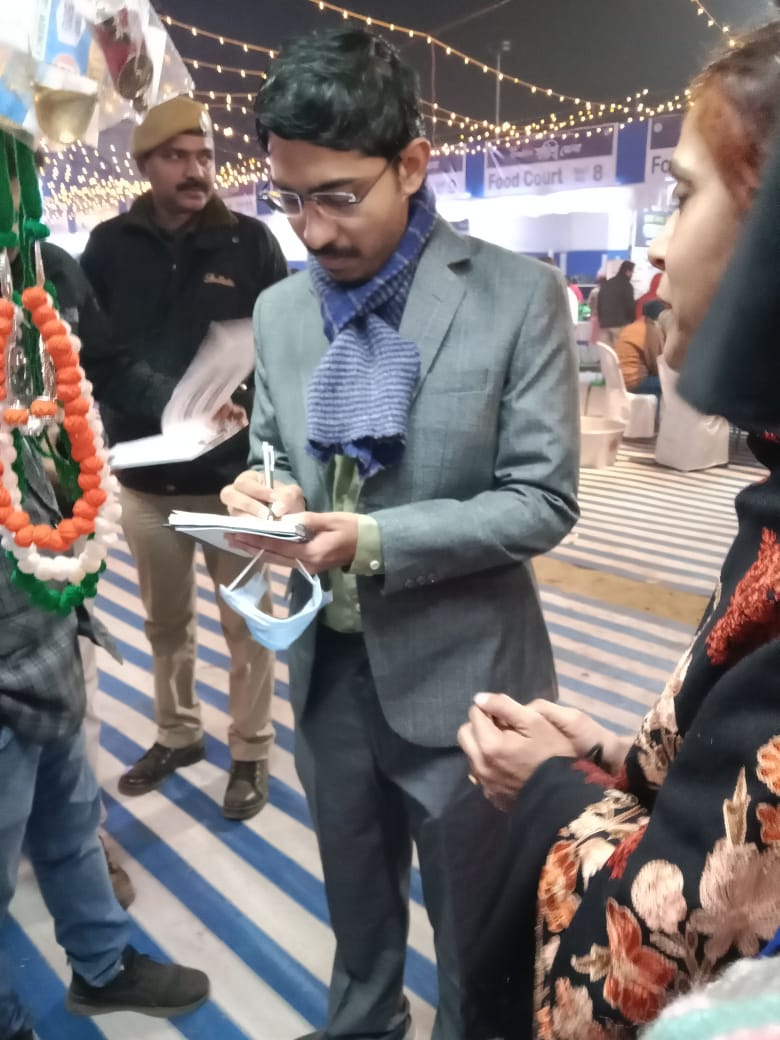The Objectives
Covid 19 forced India and much of the world to go for shutting down everything and fight Corona from the locked-down condition. The immediate impact of covid 19 was, of course, on education. Students and teachers were forced to the corner of their homes and join the e-learning programmes in a rather haphazard and unplanned manner. It was completely an unplanned and unprofessional arrangement as most of the institutions were not familiar with the online systems, nor were the students and teachers prepared to shift to a different mode and platform of learning. So, after prolonged deliberation, Facebook Group was chosen as a viable LMS as an alternative classroom system for connecting with the students and teachers, online teaching-learning, resource sharing, keeping records of the classes and attendance, assessment and examination and notifications.
The Context:
Facebook was mooted and accepted keeping in mind various plus points it offered over other platforms like YouTube, Zoom, Cisco Webex, Microsoft’s Teams, Teamlinks etc The integrated multifunctional features of Facebook group provided better options for teaching-learning.
The Practice
From May 2020 onwards, class Routines were prepared following the patterns of the physical classroom and FB groups were created for every batch of students for teaching-learning, assessment and examination. Both the teachers and students were given online training for using FB as an LMS. Meetings would be convened by the Principal regularly to discuss the advantages and disadvantages and the addition of new features.
At the outset, we prepared a document on Online Harassment and made the students aware of the security and privacy issues.All students were allowed in the private group classrooms after verification. Facebook’s offered advanced audio/video Live for holding classes, invited lectures, general communications in a stable manner as all materials would be kept in recorded condition because of its table Storage system. The Groups also allowed record keeping and attendance.
For better classroom experience with presentation, it allowed the use of cross-platform applications of third-party programmes like Streamyard. During the period Facebook offered radio-like feature of Audio Live and it helped us all in countering the problem of low bandwidth. It also allowed sharing of cross-platform multimedia through the File Upload option and we shared a variety of files like audio, video, Powerpoint, text, images etc. In some cases, there were compulsory students’ presentation as part of the evaluation and we conducted and recorded students’ presentations. We conducted organized online exams smoothly by posting the question papers in the Groups at the scheduled hour and the students would write and send the scanned copies to us through email.
Facegroup had inbuilt Quiz functionality and we used it in spite of its limitation. However, we could share Google Form link and hold quizz and internal assessments by posting the link at one stable place with necessary instructions.
The platform has inbuilt Mentoring system. Though not very advanced, it at least made students feel like being taken care of by the teachers. For communication, the instant messenger of FB was used.
The Groups were used not just for teaching but also for creating awareness about the Pandemic, holding talks by doctors, holding NSS programmes and various sensitization programmes.
The Evidence of Success
The practice continued fully for over two years and is still continuing partially for holding some open courses and the remedial classes. In spite of the limitations of online classroom systems, Facebook Group proved to be user-friendly. After initial training and little bit of experience all used it seriously as an alternative for four consecutive semesters. The success rates in the university exams proved the system functioned as a viable innovative alternative. Since it was successful, we are now continuing it as an alternative and emergency system and connecting with the students outside the physical classroom.
Problems Encountered and Resources Required:
While running the practice we encountered several problems some which are beyond the control of the institutions: 1. Digital divide, 2. limitations of the devices, 3. limitations of the platforms, 4. Shortage of funds, 5. lack of training of the teachers and students. 6. Online harassment, 7. lack of direct interactivity, 8. attraction for switching on to other places on FB and 9. privacy concerns. So, we worked under the limitations and tried get the maximum out of such a practice. We redressed online harassment issues. We took care of the students’ scholarships so that they can procure better devices and connectivity.
Documents:
- Survey Conducted After the Practice: https://bhattercollege.ac.in/NAAC/Students-Survey-on-E-learning.pdf
- Sample Links to the Online Classrooms








